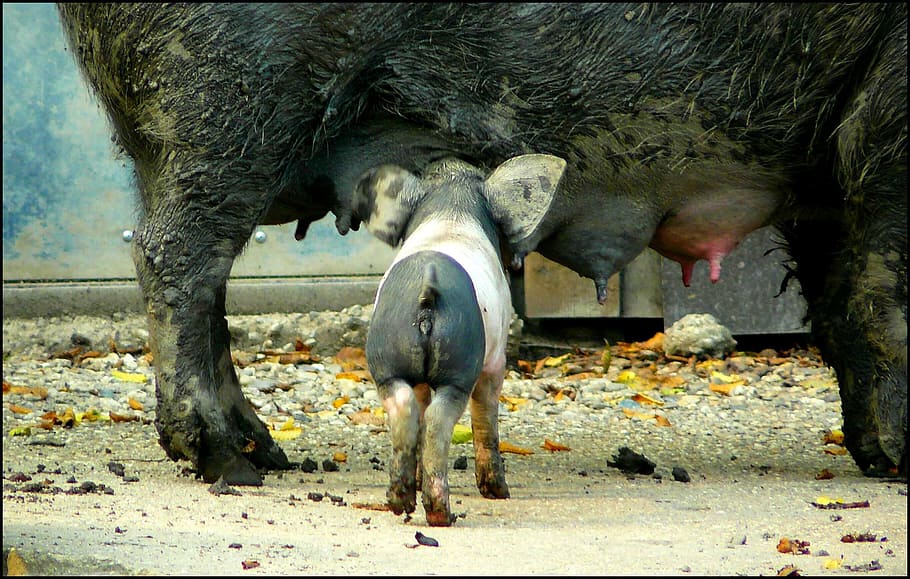1 So get rid of all evil behavior. Be done with all deceit, hypocrisy, jealousy, and all unkind speech. 2 Like newborn babies, you must crave pure spiritual milk so that you will grow into a full experience of salvation. Cry out for this nourishment, 3 now that you have had a taste of the Lord’s kindness.
1 Peter 2:1-3 (NLT) 中文
How to?
Whenever we study the Word and see “therefore” or “so”, we must ask, “What’s the ‘therefore’ there for?” The last passage just told us that since we have been born again through the Word, we should love one another deeply. What’s the connection to this passage? [Remember this is a letter so there are no chapter or verse markings. It all flows as one.] Here, Peter gives some practical suggestions on to do this.
Demonstrating love
Though there are many things we can do to show love, Peter doesn’t mention these. Rather, he focuses on things we shouldn’t do. Maybe these were issues among his audience. Maybe they were struggling with these evil behaviors and speech?
- Evil behavior – this is pretty general. In 2:14 he referred to their “former lusts” and in 2:18 to the “futile way of life” they used to live.
- Deceit – being dishonest or misleading. Lying about something to achieve an end that you desire, disregarding the impact on others or standards and rules. “The act of causing someone to accept as true or valid what is false or invalid.” (merriam-webster.com)
- Hypocrisy – “behavior that contradicts what one claims to believe or feel” (merriam-webster.com). Jesus often called the religious leaders hypocrites (c.f., Matthew 23:13 and all of chapter 23) for they claimed to be followers of God and displayed it in their pious behavior but in their hearts, they believed another truth. They did not practice what they preached.
- Jealousy / envy – to express discontent with what you have and desiring what others have.
- Unkind speech / slander – “the utterance of false charges or misrepresentations which defame and damage another’s reputation” (merriam-webster.com).
Spiritual milk
Their natural instincts lead babies to crave milk from their mother. Peter uses this analogy spiritually to encourage his readers to have the same attitude toward spiritual sustenance. As the baby needs this nutrition to live, so do we need spiritual nourishment. I like how the NLT adds to “cry out for this nourishment” which strengthen the connection to the analogy.
What is this nourishment? It’s the Word of God, the truths that we find there and teach us who God is, who we are, how to reconcile with Him, how to grow in our knowledge of Him, how to live our lives on this earth, to give us hope in trials – which is a major emphasis of Peter’s letter. “God’s Word is spiritual food that most believers instinctively desire to some degree, but we must also cultivate a taste for it (cf. 2 Pet. 3:18).” (Constable commentary)
RЯeflection
- Are we craving spiritual nourishment? As followers of Christ, we have a natural desire – just as babies do for mother’s milk. But we cannot stop with just knowing it’s good for us. We need to take action to feed ourselves for indeed, we are not babies. James tells us in James 4:17, “So for one who knows the right thing to do and does not do it, for him it is sin.” Same guy who tells us to be doers of the Word, not just hearers.
- As you review the list of what not to do, has the Spirit in you prompted you to take action? Is there a person you have been treating in an evil way? Maybe you have a pattern of this kind of speech that needs to be addressed? Memorizing this passage, meditating and applying it can help allow the Spirit to change your heart.

